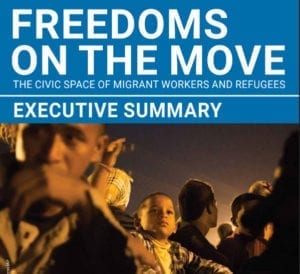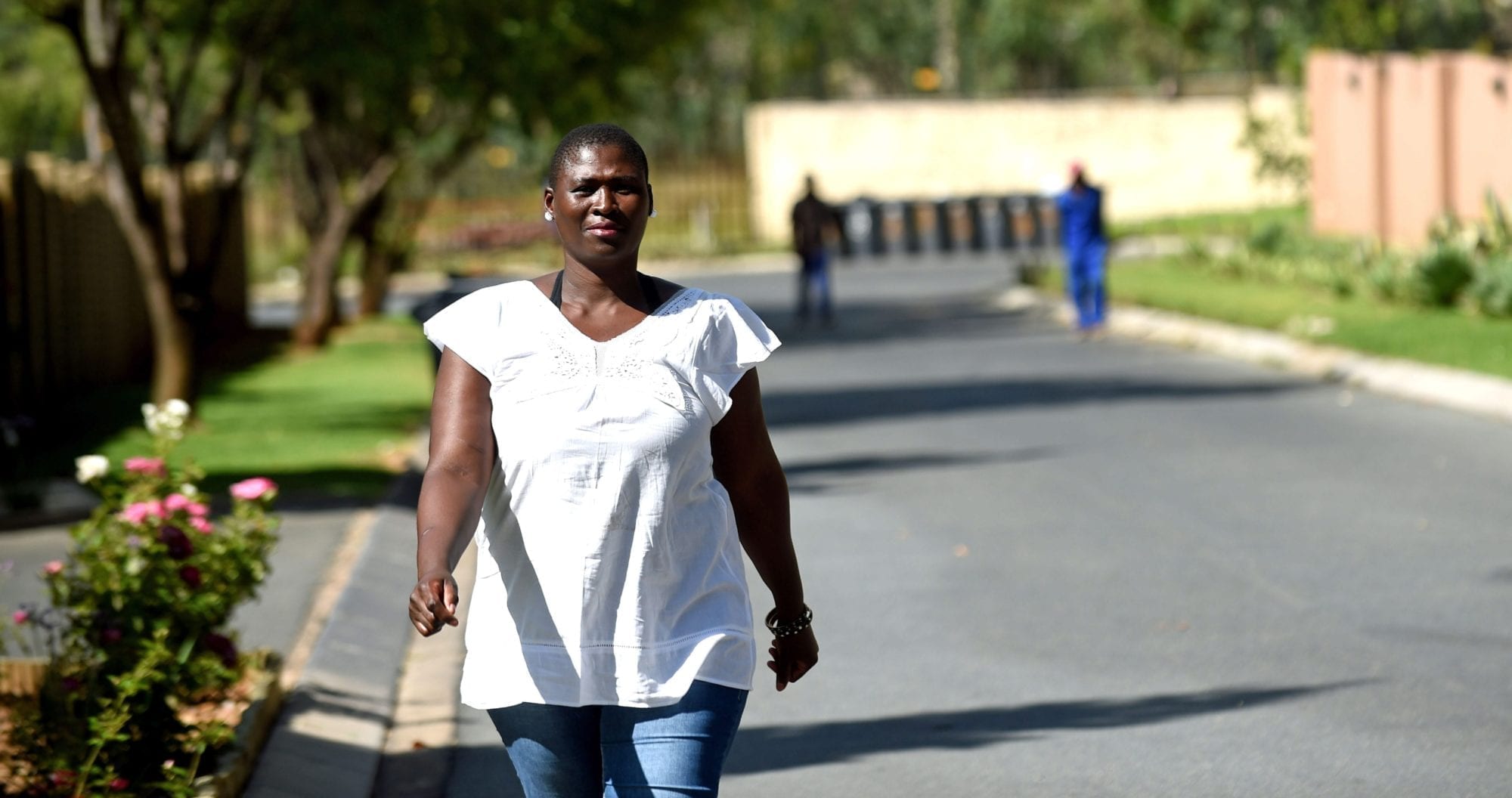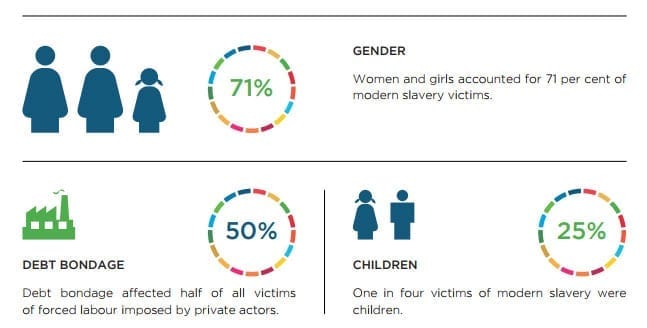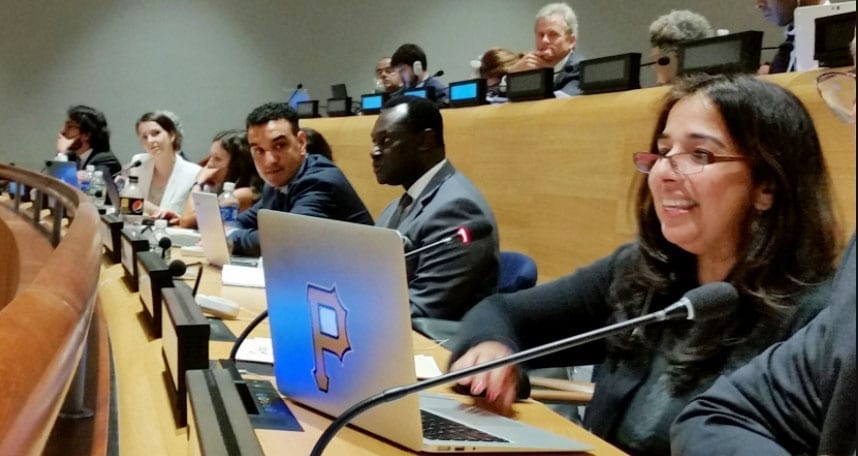Prexedes, a domestic worker from Zimbabwe in South Africa, says migrant workers in South Africa often are paid lower wages and suffer harsher working conditions than their South African counterparts. Supporting her three children on her own, Prexedes struggled to pay...
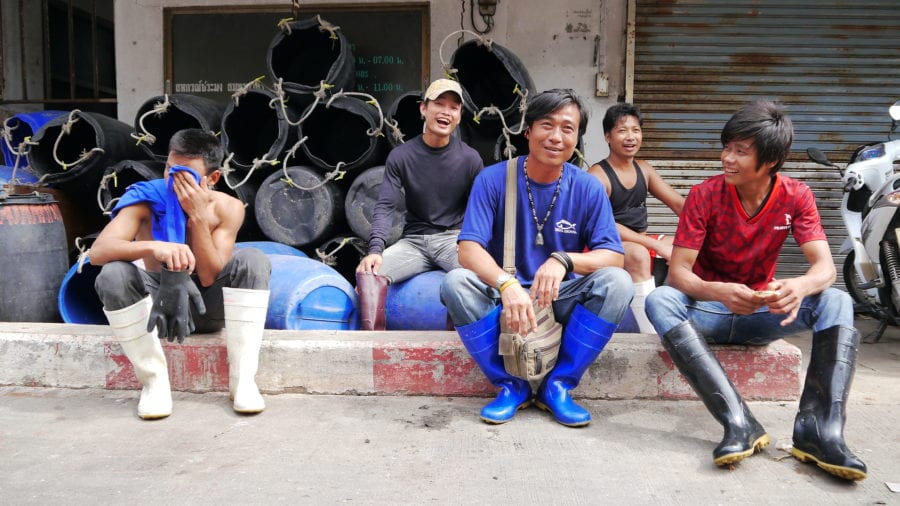
The Solidarity Center strives for rights for people on the move by ensuring migrant workers are fully able to exercise their workplace, social, economic and democratic rights. Solidarity Center/Jeanne Hallacy
Labor migration feeds the global economy. Hundreds of millions of migrant workers worldwide generate billions of dollars in global remittances. They are domestic workers, construction and agricultural workers, factory and service workers, teachers and professionals. Migrant workers often travel long distances due to a lack of decent work at home to support their families and build a better life. They frequently are denied the most basic human rights. For instance, most destination countries deny migrant workers the right to form unions, and explicitly exclude them from labor law protections, and women migrant workers are often subject to gender-based violence and harassment in their workplaces.
The Solidarity Center strives for worker rights for people on the move by ensuring migrant worker rights are a key part of the labor movement. We cultivate an understanding of how exploitative labor migration management schemes are a widespread means by which to undercut worker wages, create precarious work and pit workers against each other. And, in addressing these structural ills, we emphasize a response that understands the intersectionalities and identities that make migrant workers especially vulnerable. Our goal is to ensure that migrant workers are fully able to exercise their workplace rights, as well as their social, economic and democratic rights.
We also focus on the creation of decent work in home countries so workers can migrate by choice and not due to economic coercion. We recognize that migration is not caused by a single factor that “pushes” workers to migrate. In doing so, we bring our unique worker rights voice more broadly by emphasizing that everyone deserves dignity at work regardless of status—climate migrants, economic migrants and conflict refugees. We work to achieve this through programs that focus on union organizing and collective bargaining, policy advocacy, access to justice, safe migration and, more broadly, the ability to exercise fundamental freedoms as democratic participants.
Find out more
- A Pandemic Reset for Migrant Workers, Neha Misra and Shannon Lederer
- How COVID-19 Affects Women in Migration, Carolina Gottardo and Paola Cyment
Freedoms on the Move, a 2019 report by Solidarity Center and CIVICUS, is an urgent call to action for unions and other civil society groups to include migrant workers and refugees in advancing civic rights.
25 Million in Forced Labor Globally in 2016
Some 25 million people toiled in forced labor around the world in 2016, and 18 percent were children, according to two new reports by the International Labor Organization (ILO) and the Walk Free Foundation. “Global Estimates of Child Labor” and “Global Estimates of...
‘Imagine If Migrant Workers Had Labor Rights’
“Why does being low-wage and a migrant mean being sentenced to a lifetime of being separated from your family? It shouldn’t and doesn’t have to,” says Solidarity Center Executive Director Shawna Bader-Blau. Speaking at a United Nations meeting on migration today in...

The Struggle for Worker Rights in Colombia (2006)
Colombian trade unionists face daily threats of violence and assassination, attempts by employers, paramilitaries, guerrillas and the state to stop dissent, silence workers and destroy the only mechanism that gives workers some control over their economic lives: their...
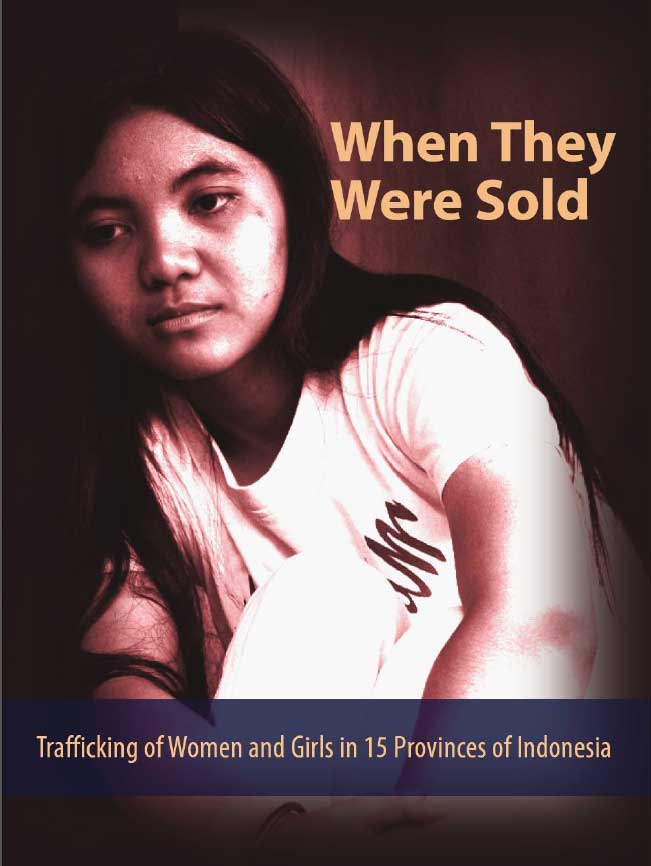
When They Were Sold: Trafficking of Women and Girls in 15 Provinces of Indonesia (2006)
The report looks at Indonesia's migrant worker system, which is under intense scrutiny over allegations of contributing to debt bondage and trafficking of migrant workers. It also examines efforts of government and non-government organizations to combat trafficking,...
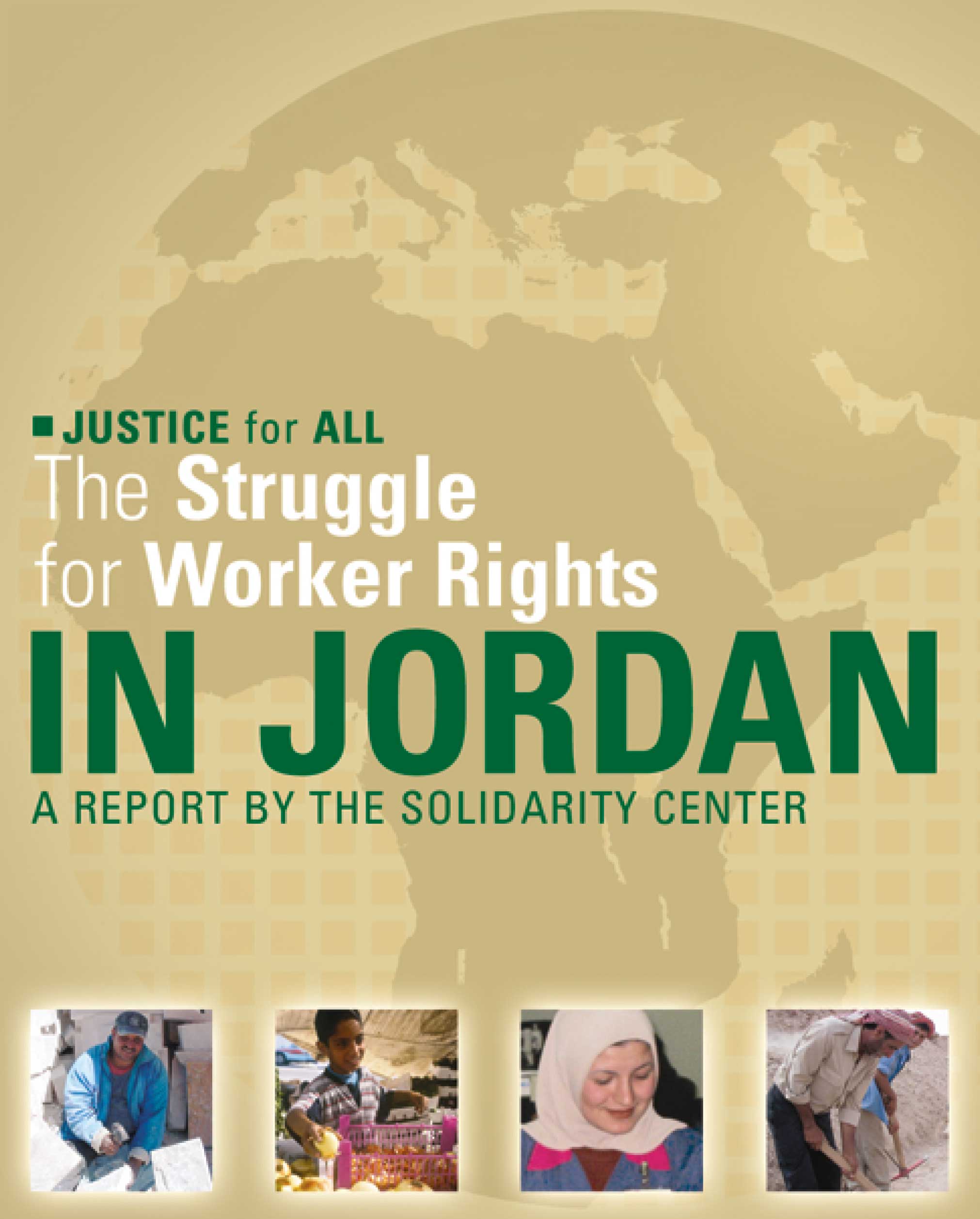
The Struggle for Worker Rights in Jordan (2005)
"The Struggle for Worker Rights in Jordan" lays out steps the Jordanian government, Jordanian unions, multinational enterprises and actors on the international stage can take to ensure respect for and enforcement of worker rights in Jordan. By following this path,...
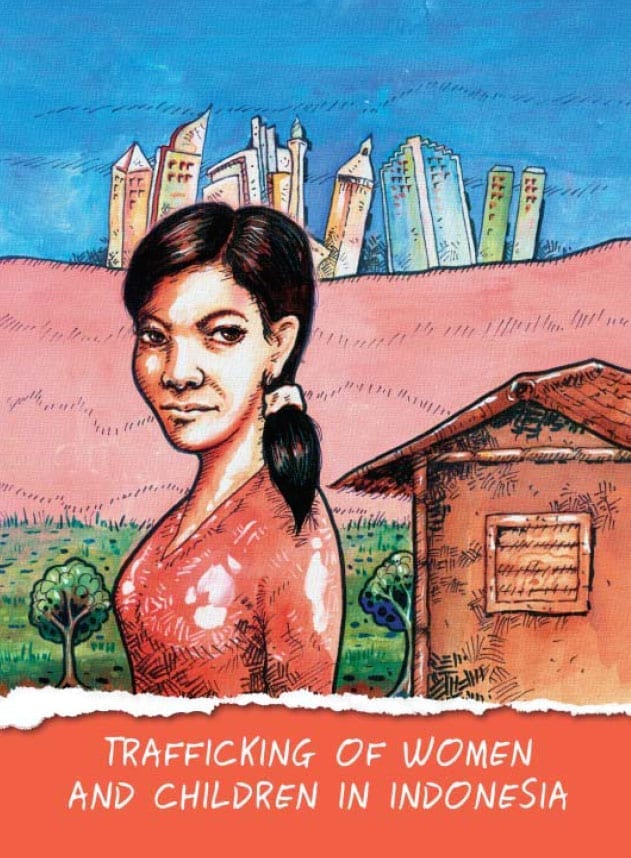
Trafficking of Women and Children in Indonesia (2003)
"Trafficking of Women and Children in Indonesia" examines the many forms of human labor trafficking, their causes and the demographics fueling the rise of women and children in forced and exploitative labor. Download here.
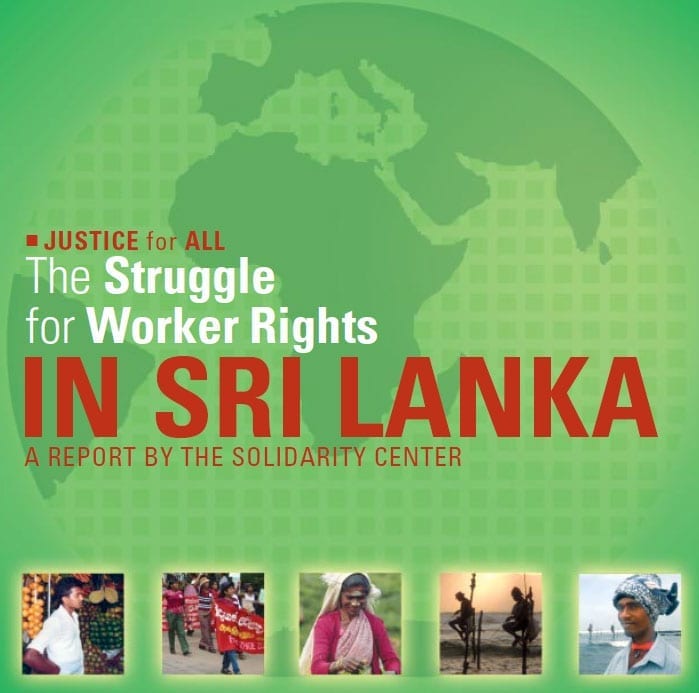
The Struggle for Worker Rights in Sri Lanka
In this second report of Solidarity Center's Justice for All series, worker rights researcher Lance Compa assesses how two decades of civil war affected democracy, economy and social justice in Sri Lanka. Compa compares Sri Lanka’s labor law and practice...
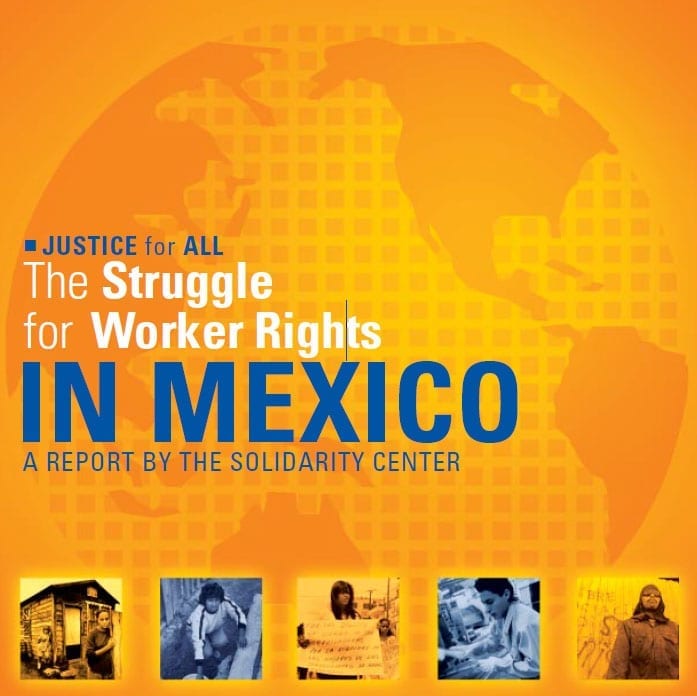
The Struggle for Worker Rights in Mexico (2003)
The first report in the Solidarity Center's "Justice for All" series, takes a hard look at Mexico’s century-long fight for independent, democratic trade unions and social justice. Author Lance Compa puts Mexico’s labor law and practice to the test against...

